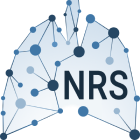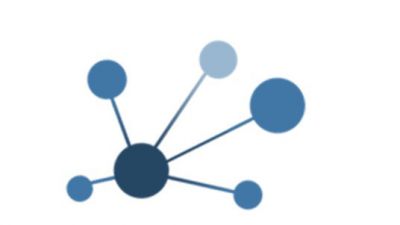The Lancet Respiratory Medicine 2016 - Article National Program for Respiratory Research
News from the Netherlands.
Development of the National Program Lung Research: ’Life Long Lungs’
Dirkje S Postma, Peter J Wijkstra, Pieter S Hiemstra, Barbro N Melgert, Gert-Jan Braunstahl, Machteld N Hylkema, Peter J Sterk.
Summary
Respiratory diseases have a huge personal, societal and economic impact. The main three, i.e. chronic obstructive pulmonary disease (COPD), lung cancer and respiratory infections, are all in the WHO top-10 major killers worldwide, causing 8.1 million deaths annually.
The Netherlands Respiratory Society (NRS; www.nrs-science.nl), founded in 2009, has therefore initiated the development of a National Program Lung Research entitled ‘Life Long Lungs’, to strengthen collaborative efforts in the Netherlands and to improve the perspective for affected patients. The Dutch National Program Respiratory Research is a vivid example of how all parties in a country are now collaborating to improve research (www.nationaalprogrammalongonderzoek.nl).
After internal consultation amongst scientists within NRS and external peer review a SWOT (strengths, weaknesses, opportunities and threats) analysis was performed on Dutch research in all respiratory disease areas. This became input into a broad face to face conference at which patients, care providers, researchers and policy makers collectively decided on priority areas that are combining the needs, opportunities and Dutch research potential, thereby providing real impact for patients and society.
The priority areas are:
- Overarching disease mechanisms. Impact: novel therapies by cross-fertilisation
- Phenotyping and monitoring. Impact: patient-tailored diagnosis and treatment (P4 medicine: preventive, predictive, participating, personalized)
- Regenerative medicine. Impact: reduction in tissue damage, cure
- Reduction of fatigue in patients with lung diseases. Impact: lower burden of disease (patient) and increased societal participation (societal impact)
- Early determinants and detection. Impact: ‘sustainable health’, ‘putting evidence on lifestyle’.
- This Dutch National Program Respiratory Research is now being implemented by collaborations with governmental, charity and industrial entities that are preparing calls for biomedical research. During this whole process international collaborations are being encouraged.
References
- WHO statistics 2015 http://www.who.int/healthinfo/global_burden_disease/projections/en/
- ERS Whitebook
http://www.erswhitebook.org/chapters/the-burden-of-lung-disease/ - D’Amato G, Holgate ST, Pawankar R, et al Meteorological conditions, climate change, new emerging factors, and asthma and related allergic disorders. A statement of the World Allergy Organization. World Allergy Organ J. 2015; 8(1): 25.
1. McCall . UK medical research gets political. Lancet, 2015;April 11;385(9976):1381-3
For the article on The Lancet website click here!

